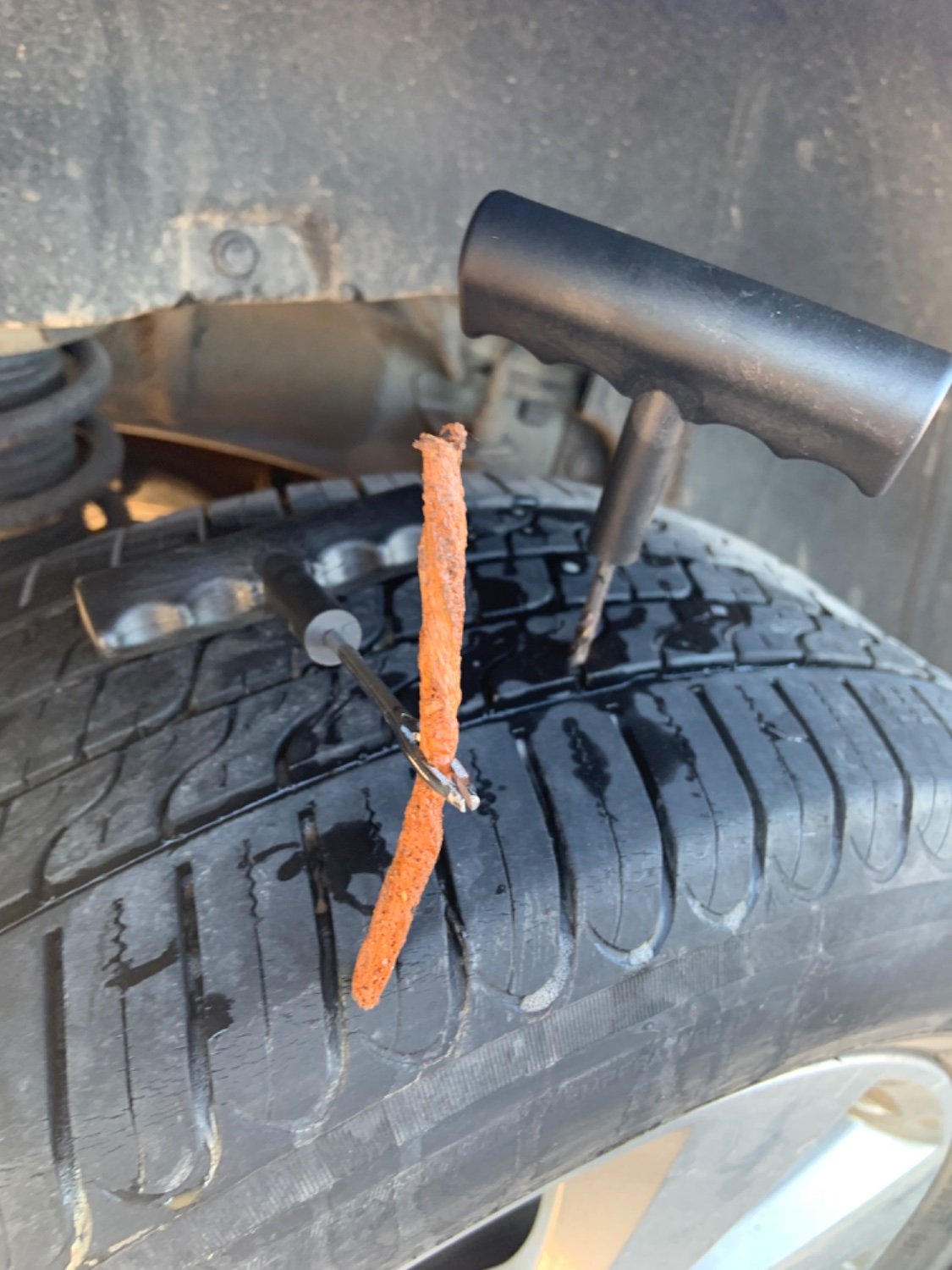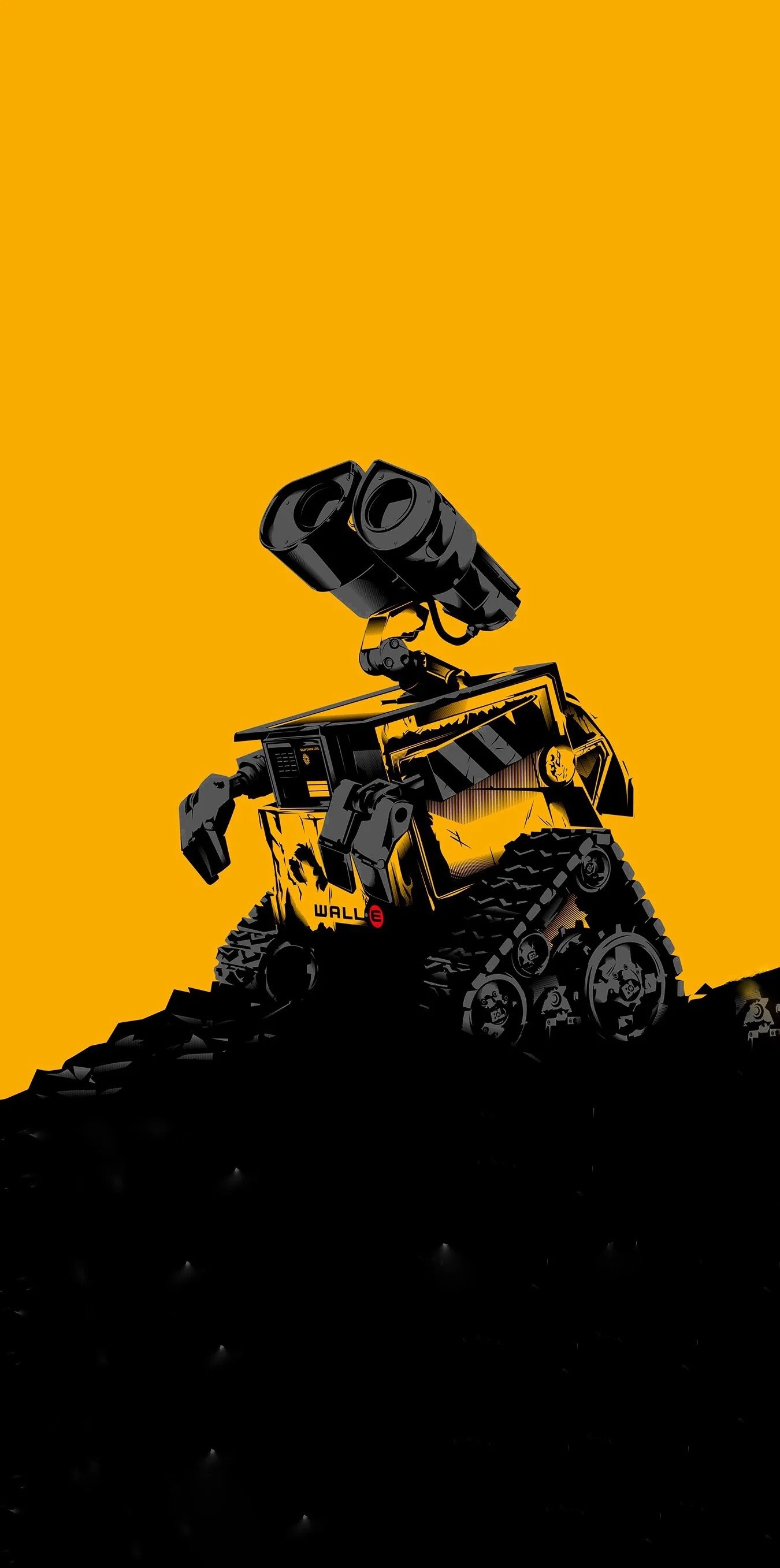I took my wife’s car into the dealership for a warranty a few weeks ago and while they were checking stuff, they said the car needed 1300 dollars of work (piston soak and replace some transmission parts). I ended up doing the soak with my grandpa and took it to a shop for the transmission (wasnt even an issue, just a rivot replacement on a wheel well cover) and ended up saving 700 dollars after accounting for tools, jacks, jack stands, etc.
I want to start working on my own cars for things that can be done easily without expensive specialized tools, and I might be buying a house in the next year. I just want to start getting a decent collection of tools to hopefully save money in the long run.
I currently have a huge range of screwdrivers, soldering equipment, plyer set, socket set, file set, wire cutters and a small tool kit with some misc stuff.
I am mainly looking towards a torque wrench and a good spanner/wrench set, but looking for suggestions on what to get. Holding off on power tools until I wrap my head around brands and batteries.
Here are a couple of items that I wish that I had picked up earlier. They are not required, but they greatly simplified my life.
- headlamp: Trying to balance or prop up a flashlight while working used to result in so much frustration.
- tin sheers: I love these so much that they have replaced scissors in most day-to-day applications
- flexible drill bit extender: So many screws are in places inaccessible to a drill body. This inexpensive item solves that problem. Magnetic wristbands: Keep those screws and bits from getting lost.
- level that is at least 2ft long: I really appreciate having a level that can span two studs (16")
- precision / mini needle nose pliers: I don’t need them often, but when I do I am always happy that I have them
- painters tape: I am surpised how often I use painters tape for all sorts of applications
My grandpa was a painter so I understand how awesome painters tape is lol.
I was gifted a 3FT level and have some long needle nose pliers. Got some flexible extenders at the store when I was buying stuff for the last project. A good headlamp or bright lantern is definitely on my list
Removed by mod
This is how to properly build up a tool set.
Dropping thousands on tools you might need js silly.
Buy the cheap version first. Its very easy to end up with a pile of unused tools that you thought would change your life, but you only used them once or twice
Once the tool gets worn out/broken or you find the tool can’t do everything you need it to do, then it is time to look into something nicer.
Yarp. Same advice many give for kitchen tools. Buy a cheap assortment set of everything for $20. (You get the point). Then when you break the can opener splurge on a heavy duty 1. 5 years later you’ll find out half of the original cheap shit is still there, as you learned of another tool you preferred or simply never use some. Instead of paying $15 per good utensile and having a $150 up front cost, you get up and going for $20. And likely by the time you break 8 tools, you will know more about what you want/use.
I am starting to get that. I had to borrow a few things last time so I have an idea of what I need, but no need getting other things until they are in use.
If you’ve got sockets, wrenches, pliers, and screwdrivers you’re 90% there. Get an impact driver, you can use one for pretty much anything with the right bits. I buy DeWalt or Milwaukee power tools in the US personally, but it doesn’t matter much. You won’t be using it all day every day, dropping it off scissor lifts, etc like I do.
A good set of jacks will go a long way. And start collecting flashlights.
What jacks would you recommend?
I have one of those harbor freight Daytona 3 ton low profile ones that I really like. Also let me introduce you to the Project Farm channel on YouTube, he does non-biased scientifically fair comparisons of lots of different kinds of tools including jacks and jack stands.
Late response now that I have some more money to work with but thanks! Tbh most of my tools are harbor freight and I don’t think I need anything else for my usecase. Grandpa bought a dewalt set as he’s tearing his deck down to build a pavilion. He told me to stop buying stuff and handed me a 70s craftsman tool box filled with most stuff I need and said to just use his power tools
If we’re talking hand tools, those 70s tools will be the best you ever use. In my experience the whole “they don’t make em like they used to” thing very much applies to tools. Nothing wrong with harbor freight tools though as long as you have realistic expectations. If nothing else, they are a good “trial run” to see how much you actually use it and if it’s worth getting an actually nice one.
Glad I’m not the only one repping Harbor Freight in this thread lol
Harbor freight has some diamonds in the rough, just gotta be careful of what you get there. Some stuff is great, some is crap.
Most simple tools, I’d always recommend HF (hand tools, basic power tools, etc). If it doesn’t have electricity, I’ve never had an issue with their tools. They’ve also made aggressive upmarket shifts lately (past 5 years), which has introduced some higher end lines that seem pretty well made from what I’ve heard.
Harbor Freight happens to have some good shit, that does not mean most of Harbor Freight’s shit isn’t garbage.
No wrench set yet, but hoping Santa brings them this year. What should I be looking for in a set?
And I have a few flashlights after lockdown prepping. Looking to get a good headlamp now and lantern style light.
Milwaukee is one of the brands that has my eye for power tools. I’ve only used Mikita or Milwaukee power tools in my life, just because that’s what we were provided at an e-recycle/electronic refurbish shop I worked at years ago.
Re: wrenches.
I’m not sure where you’re at or what kind of things you will be working on, but here in the US you generally want to have at least a cheap set of both SAE and Metric wrenches. Nothing is more frustrating than having a random bolt be SAE while everything else is metric, and stripping the bolt with a wrench that is “close enough”.
You’ll also come to a decision on if your like flat wrenches or angled ones, though it doesn’t hurt to have a cheap set of both.
If you know for sure what set you’ll be using the most (or even better, what sizes you’ll be using the most), spending a little extra money on “ratcheting” wrenches can save you a ton of time and frustration. I do a lot of toying around on my car, and some of these bolts are in tight places where you can’t turn a wrench very far; ratcheting wrenches let you get the wrench in place once and just wiggle the bolt out.
I’d check to see if there’s a tool library near you. After doing some work, you’ll get a feel for what tools you’re using most often, or that are frequently checked out of the library.
Harbor Freight is your friend. Their cheap tools can suck and may break with repeated use, but that’s almost a feature.
If you use a tool often enough that you break it, then it’s worth investing in a quality version of that tool. If you don’t use it often enough to break it, you can get by with the lower quality.
I bought most of my stuff from there so far. A friend told me to look around forums to see what the “good tools” there are. I got mainly Pittsburgh tools since I’m just starting and they’re cheap, but is there anytime I should look at their more “premium” brands?
Don’t buy power tools at Harbour Freight.
I’m a big fan of Ryobi for bang for the buck power tools. They’re good enough that unless you’re a professional they’ll do you just fine, and they can be bought at Direct Tools Outlet online refurbished for pretty cheap.
They also haven’t changed the 18-volt battery interfaces ever, so you can grab one of their tools from the 90s and plug in a modern lithium battery and it’ll work. I like having the comfort of a tool that will be supported.
As for their “premium” tools - most aren’t that great for the price actually.
Check out the YouTube channel Project Farm. He does lots of head-to-head tool and equipment reviews, and he doesn’t accept free tools or sponsorships for any of his reviews.
Electrical meter
Tire air gauge
Tire patch kit
Air pump
Brake reset tool (forget exact name, I paid $10 and it pushes the brake piston back in when installing new brake pads)
Tire thread measuring tool (know when you need new tires)
Battery tester (test how many cca remain)
Battery acid tester
Radiator coolant tester
Distilled water to put in battery
Coat hangers (metal hanger can be cut and bent to hold things such as the brake caliper)
The tire patch kit saved me a few weeks ago.

Maybe it’s just a thing around here but almost every tire shop will pull and correctly patch a tire for free if you drive up and they aren’t super busy. The patch kits like you show are iffy IMO. They can last a while but I’d still err on getting it done right at a shop (from the inside of the tire, and ensuring the puncture didn’t expose any steel bands that will then rust and break).
I’d also say you don’t really need the thread depth gauge, modern tires all have tread wear markers molded into them, and in a pinch you can use a penny (the top of Lincoln’s head when inserted upside down is about the limit for tread wear on most tires).
Worth getting a multimeter and battery tester vs just a multimeter? Was planning on getting back into soldering and was thinking of just getting a good MM and using that for electric for home and car
The battery tester I have will put a load on the battery and calculate its life. It’s a bit different than a normal meter. I find it useful to know if my battery is good before I take a trip or once in a while, as it’s better to know more than just knowing the voltage of the battery. I don’t think it’s really necessary, but I find it useful and didn’t cost me too much.
A normal multimeter is great for thousands of things, even the cheapest harbor freight one is a great start. (you might find a coupon for it for free).
Nothing. When you need it, buy it cheap. When you break it, buy a good one.
In addition to what others have said: Eye protection, earplugs, Those free moving blankets from harbor freight I lay them on the ground/floor when I’m working so I don’t get completely filthy and keep one in each car. Harbor freight long wrench set, a drill, good drill bits, an angle grinder, a cutoff wheel, a Dremel or similar, a 1/4" electric ratchet, pry bars, pick set, a gasket scraper, empty spray bottles from Dollar tree one with soapy wooder and one with some kind of degreaser, the big jug of orange hand cleaner, a nail brush for scrubbing your hands, work gloves the thinner fabric kind with coating on the palms/fingers they have them in Amazon but I get them from work, funnels, an oil catch pan that stores the oil inside, an open catch pan, a magnetic parts tray, long extensions, trim and plastic fastener tools, 3 lb sledgehammer, pipe wrench, torx bits from T10 thru T55, wire and nylon brushes, look for manufacturer specific app for your car forscan for Ford, jscan for jeep/Chrysler/Dodge there’s a ton more out there, they let you do a lot More than just the check engine light you’ll need an obdii adapter that works with that app, you might want a generic elm327 as well and download the torque app. Watch the torque test channel and project farm on YouTube. Be aware of the rental tool program at most parts stores as well, then there’s a bunch of specific tools you might want or need that I won’t get into.
second harbor freight. good set of sockets, screwdrivers, open wrenches. if you break them, get a better tool next purchase, otherwise they’ll last years. I’ve had a set of sockets for 20 years, from back in my retail days at advance auto parts. if you need a specialty tool, get it when you cross that bridge or rent one for the job.
Look for a tool library near you. See if you can borrow some from neighbors. You’ll get the hang of doing jobs, and what good vs bad tools feel like.
Took me awhile to find a torque wrench when I was working a few weeks ago. Wish I knew tool libraries were a thing!
All good, we learn something new every day. Now if only there were a way to pass that hard earned knowledge on instantly 😆
A lever and a proper surface on which to stand.
If you’re going to work with wood. A jig saw is the OK at everything saw. You can do long straight cuts by clamping on a guide. You can do bends.
I don’t do battery powered tools, just mains powered.
I’d probably go circular saw with guide if you need a straight cut. Honestly, I rarely make curved cuts so I use a circular saw more than a jigsaw.
But when you do need to make a curved cut, and all you have is a circular saw.
That’s why I bought a jig saw first, as it can do both.
In addition to the torque wrench, a breaker bar is helpful. You didn’t mention it but Allen wrenches are vital.
Also, all hail Harbor Freight. Great place to get cheap tools. If you don’t think you’ll use a power tool more than once a year, they have some great cheap shit too. They do have higher end power tools, but they have frequent sales so I would wait for one of those.
Otherwise, other tool choices come down to the type of work you’ll be doing. I do more wood stuff personally, but you sound more like a metal guy
Metal for the most part now. One of my cousins got into woodworking over lockdown and said I could borrow whatever I need from her (as long as she’s not using it)
Torque and breaker bar are my top contenders for stuff I will be using in the foreseeable future
A 13mm (half-ish inch) ratchet spanner comes in handy quite often. It’s used everywhere, and handy to have available when you can’t be arsed taking out the entire socket set.
You can never have too many clamps, screwdrivers, or tape measures.
Ryobi cordless tools are great consumer level battery powered tools. They aren’t as high of quality as Milwaukee or DeWalt, but for the average homeowner, they are more than good enough. That said, I do prefer my DeWalt drill and impact because they are more compact, but for all the rest, Ryobi is fine.
Also a good tool box and tool bag. Having a place for everything makes finding and using your tools so much easier, and having the bag to fill with tools for whatever job you’re tackling has proven to be a game changer.
I’ve had a cordless Ryobi drill for close to 15 years. Both batteries and charger still work. I’ve used it in a few major projects over the years and it’s not let me down. It’s not the strongest or fastest drill out there, but I’ve definitely got my money’s worth from it.
Depending on what you’re working on you’ll end up needing more tools. If it’s something you’ll do a lot of, especially if it’s easy, then it’s easily worth buying. Like if you plan on doing your own brakes, having a caliper spreader and in doing a tune up you’ll want to grab a spark plug socket. You can also borrow tools from places like auto zone in it’s a one time tool or maybe once every few years.
Having a good set of sockets, both metric and English. Someone mentioned an impact driver. Ramps, chaulks, car jack stands (never rely on just the jack), trouble light, pliers, some wire brushes, battery terminal cleaner, can of pb blaster, shop rags, a tub for catching your oil, a couple of funnels, oil filter wrench, vice grips, pry bar, breaker bar… These are things that come to mind that I’ve used over and over again.
Some other things: A good copy of the Haynes manual for your car. Don’t be afraid to make notes in it. An error code reader is always nice. And there are some things to consider like a heat gun which you can use on hoses and honestly is just good to have around the house. Having a good space where you can continue working if it gets rainy or cold is very nice. At least having some sort of portable canopy is handy. And don’t forget to take lots of pictures along the way, especially if it’s something new. So you phone with a good camera. A creeper is nice as well.
deleted by creator
Better than the Haynes manual, buy the factory service manual - they are generally $200 or so, but they are so much better than Haynes that it is worth the cost.
I’ve never actually bought one of those so I’ll have to give it a try. I’d always gone with a Haynes or Chilton because it was all I knew about and it would have been more in my price range.








